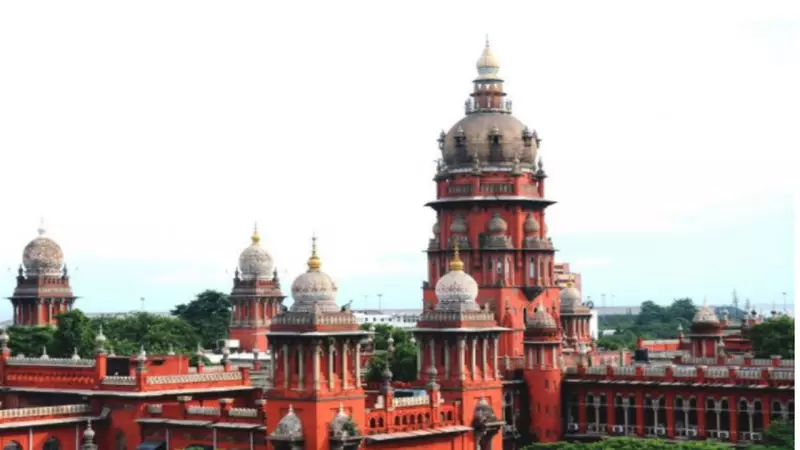
In a significant ruling that underscores the critical link between reliable infrastructure and healthcare delivery, the Madras High Court has issued a firm directive to the Tamil Nadu government regarding power supply to medical institutions.
Court's Stern Warning on Healthcare Infrastructure
The bench, comprising Justice SM Subramaniam and Justice M Sivakumar, delivered a clear mandate: ensure uninterrupted electricity supply to Chengalpattu Medical College Hospital without any excuses. This intervention came after the court learned about repeated power disruptions that were severely compromising medical services and endangering patient lives.
Why This Ruling Matters Now
The timing of this directive is particularly crucial as Tamil Nadu battles extreme summer temperatures, with power demand reaching peak levels. The court emphasized that medical institutions represent essential services where electricity failures can have immediate life-threatening consequences.
The judicial observation was unequivocal: "Hospitals cannot function like ordinary establishments. When we talk about medical colleges and healthcare facilities, we're dealing with human lives that depend on functioning medical equipment, proper storage of medicines, and continuous operation of critical care units."
Behind the Court's Intervention
The court's involvement stemmed from concerning reports about how power fluctuations and outages were affecting:
- Operation theatres and life support systems
- Refrigeration units storing temperature-sensitive medicines and vaccines
- Diagnostic equipment and laboratory facilities
- Patient comfort in extreme weather conditions
Government's Response and Accountability
The Tamil Nadu government has been instructed to implement immediate measures to prevent any power supply interruptions. The court specifically noted that financial constraints or administrative hurdles cannot be cited as excuses when patient safety is at stake.
This ruling sets an important precedent for healthcare infrastructure across the state, potentially influencing how other medical facilities address their power backup systems and emergency preparedness.
Broader Implications for Healthcare Services
Legal experts suggest this judgment could trigger similar interventions in other states where healthcare infrastructure struggles with basic utility services. The court's position reinforces that access to reliable electricity is not a luxury but a fundamental requirement for quality healthcare delivery.
The Chengalpattu Medical College case highlights the ongoing challenges in maintaining consistent power supply to critical healthcare institutions, even in developed states like Tamil Nadu, and underscores the judiciary's role in protecting patient rights during infrastructure failures.





